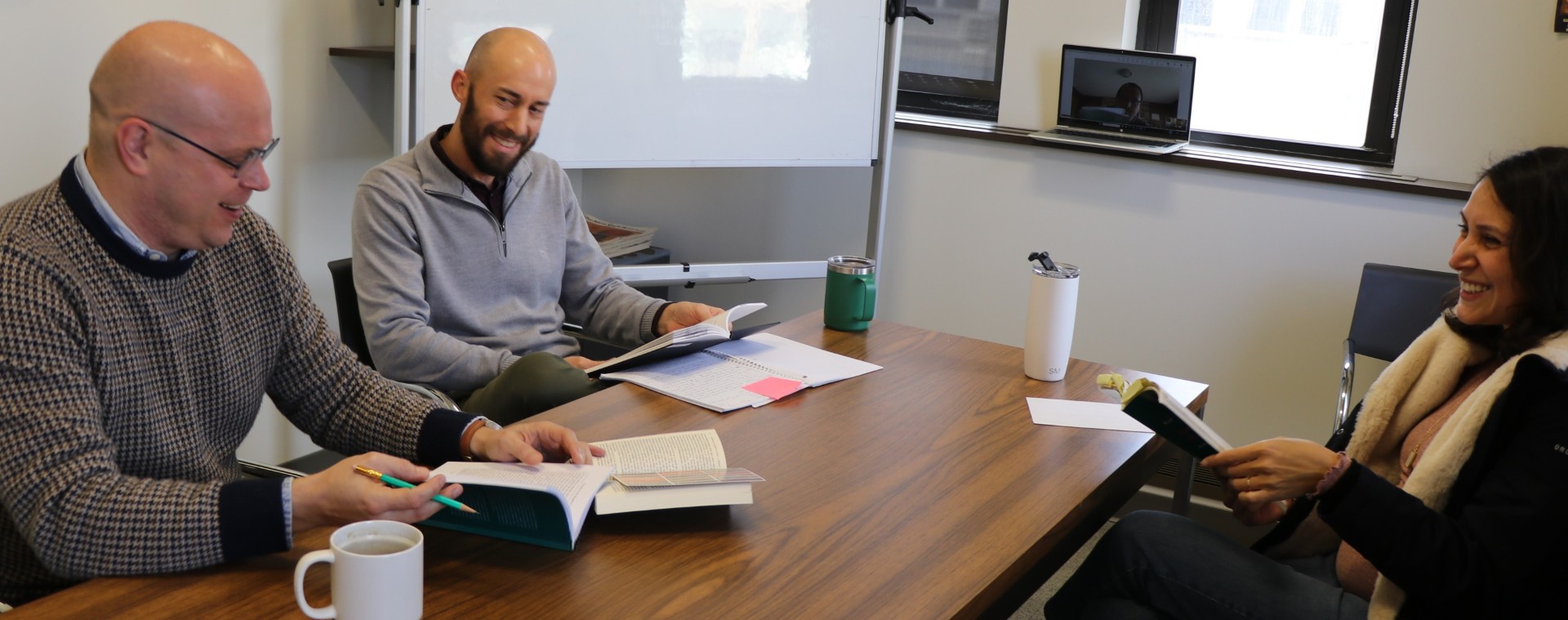Events and Reading Groups
Colloquium
Normalization of gynecological pain and inductive risk evaluation in the CDC’s contraception guidance
People with severe menstrual pain, fibroids, or undergoing many gynecological procedures are often not believed when reporting pain, but other times they are told to bear the pain. Drawing on Wiggleton-Little’s account of pain-related motivational deficit, Dr. Thompson argues that the normalization of gynecological pain explains why some pain reports are viewed as credible but do not inspire action to manage the pain during institutional decision-making. Specifically, the Centers for Disease Control and Prevention’s (CDC) contraception guidance unjustifiably downgrades evidence for the efficacy of lidocaine injections for managing gynecological pain during IUD insertion. The CDC committee’s evaluation of inductive risk relies on a bias that heavily weights the potential harms associated with the intervention but ignores the on-going harms of gynecological pain from IUD insertion.
Dr. Morgan Thompson, Assistant Professor, Northwestern University
March 27th, 2026 at 4:30pm
Marquette Hall 105
Reading Groups
 Classical German Philosophy Reading Group
Classical German Philosophy Reading Group
Meets Thursdays, 12pm-1pm, in MH418. In Fall 25, reading Kant's Groundwork for the Metaphysics of Morals. For more information, contact Michael Olson.
Greek Philosophy Reading Group
Meets Tuesdays, 9am, in person (MH102) and online. Email Owen Goldin for details.
Indigenous Philosophy Reading Group
Meets every Thursday, 3:30pm, either in person (MH102) or via Teams. Email Caden Page for the Teams link.
Gloria Anzaldúa Reading Group
Meets every other week on Tuesdays, 10am-11am, in the downstairs lounge space, with virtual options available upon request. Contact Emily Lange for details.
Marquette Midwest Seminar in Ancient and Medieval Philosophy
For more information, visit the seminar website or contact Owen Goldin.
Grad Student Peer Workshop
Usually meets every other Friday, 3:30pm-4:30pm. For more information, contact Emily Lange.
 Classical German Philosophy
Classical German Philosophy 


